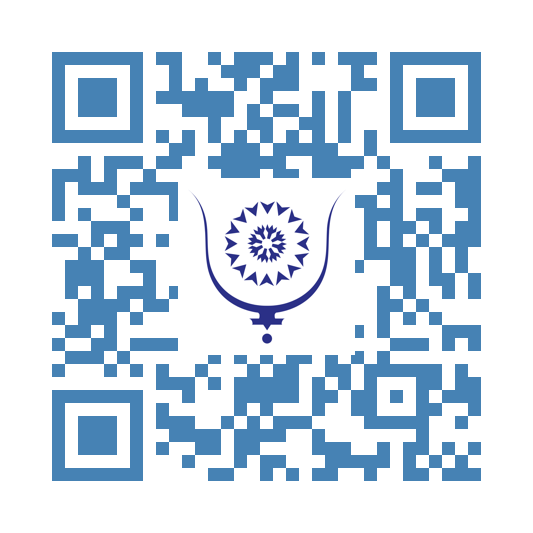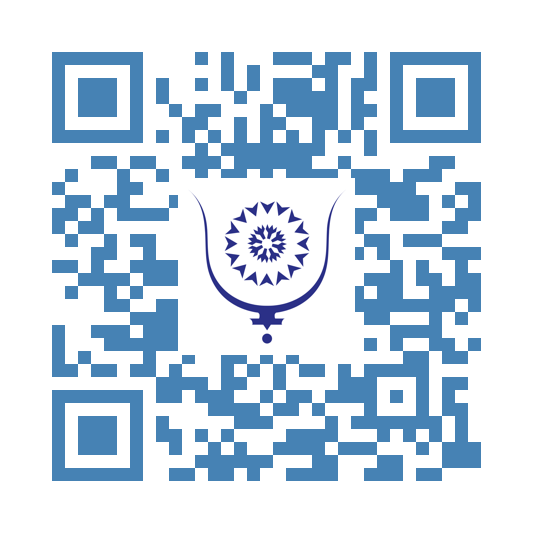Ibtissam, please : Allah is Allah...
284
Recently, Ibtissam Lachgar, who calls herself an activist, wore a T-shirt of no value, except that she deliberately intended to insult millions of Moroccans and undoubtedly many believers, Muslim or not. God is the omniscient Creator, regardless of religion or rituals. Madam found it clever to display a T-shirt with a strange inscription, not at all amusing: an offense to the divinity.
No, madam, Allah is Eternal without beginning or end, beyond time. He is Almighty, and His power is infinite and absolute. He is Merciful, full of compassion and kindness towards human beings, including you.
What did you have for breakfast that morning, madam?
By this useless act, you seem to have forgotten that faith is also a fundamental right. Americans, whose modernity cannot be denied, claim it to the point of engraving it on their dollar bill. Belief in God, in Allah, is a fundamental, universal, immutable pillar. To say or imply mocking or even simply disrespectful words towards what is sacred in the collective consciousness is to hurt deep sensitivities. It is an affront to the spirituality of billions of people.
Yes, it is important to remind that everyone is free to live their life and love whom they want. However, there is one condition: not to unnecessarily offend others. Inventing an impromptu epithet for Allah goes far beyond personal debates linked to sexual orientation: it harms the deep faith of billions of people, including the 36 million Moroccans. This provocation cannot be considered a mere wit or a brave claim: it is a misstep that threatens harmony and social cohesion.
Indeed, God does not need anyone to defend Him, much less my humble self, but admit that God is everywhere, simply present in every believer outraged by your lowly stylized statement, which is not freedom of expression but a qualified insult. It is billions of believers you insult with your superfluous act.
Moroccans who strive to make their country a state of law also want social peace and cohesion to be fully preserved, within necessary limits to freedom of expression. This freedom can be neither absolute nor without red lines, and this is a genuine protection. Elsewhere, where the state is less protective, a provocation like yours would have caused far worse consequences for you.
My generation, and those that followed, have fought extensively for freedom, notably the freedom to express oneself, develop ideas, and help society evolve and emancipate within a civic framework. But madam, yes to freedom, but within respect for laws freely chosen by the majority. This is the foundation of democracy: adopting the will of the majority, even if very narrow. In 2011, it was broad enough to set supreme rules and strives to respect them at all costs.
You must understand that freedom does not mean unlimited license. Democracy is based on a constitution and laws adopted by the people themselves. These laws define what is acceptable in public space. Your supporters, Mrs. Lachgar, often foreigners or fringe elements, must understand that it is Moroccans who decide on their laws, according to their history, culture, and values. It is not up to minorities, even vocal ones, or foreigners to this secular context, to redefine the rules of coexistence in a sovereign country.
Yes, activism is vital and contributes to progress and the pushing of boundaries, but not sterile and counterproductive provocation such as you have just committed.
It is also fair to acknowledge that Morocco has tolerated peaceful advances in favor of sexual minorities. Some of your acquaintances know this well. Debates, demands, and defense of individual rights are permitted, within legal and social frameworks. But when a public figure—as you are with your MALI—takes a "step too far" with a shocking gesture against the very essence of religion, this constitutes an unnecessary provocation, all the more serious when occurring in a sensitive period. You are a declared repeat offender who has so far gotten away with it. This shows a tolerance, albeit relative, but tolerance nonetheless, towards movements as marginal as yours. Minorities have always existed and always will, but you should understand that cohesion is a heavy responsibility of the state, and it is unacceptable to play with such a sovereign prerogative with multiple facets.
Your arrest or administrative detention should not be seen solely as a sanction but rather as a protective measure. Would you have taken a few steps in public space with your T-shirt without becoming a target for a probable violent extremist, ready to resort to illegality? On the very day of your counterproductive gesture, police services uncovered yet another vehement extremist, ready according to his ideology to restore a "perfect world" where people like you have no place. It escapes you that Morocco firmly fights all forms of extremism, religious or ideological, and is an ideal target precisely because it accepts differences and diverse orientations, because it does its best to leave room and space for everyone. Freedom to think and live is precisely the opposite of extremism, whatever form it takes. Protecting social peace also means protecting those who sometimes unconsciously or knowingly contribute to destabilizing it, as you do.
You may not know, but in France, a mayor had to suspend the screening of the film "Barbie," which promotes homosexuality, under pressure from some inhabitants of his municipality. This shows that even further north, there are still hostile reactions to your orientations.
Morocco is a nation rooted in strong historical, cultural, and religious values, with certainly some hypocrisy. This is not a flaw but possibly a true asset. Individual freedom must be exercised within the framework of respect for democratically defined values and laws. Your mistake was to cross these boundaries, thus shaking one of the indisputable foundations of Moroccan identity.
It is up to everyone, Moroccans and residents, to respect the country's tranquility and allow everyone the freedom to live in peace, without provoking or dividing.
Share:
Ibtissam, please : Allah is Allah...
copy:
https://bluwr.com/p/336611398



